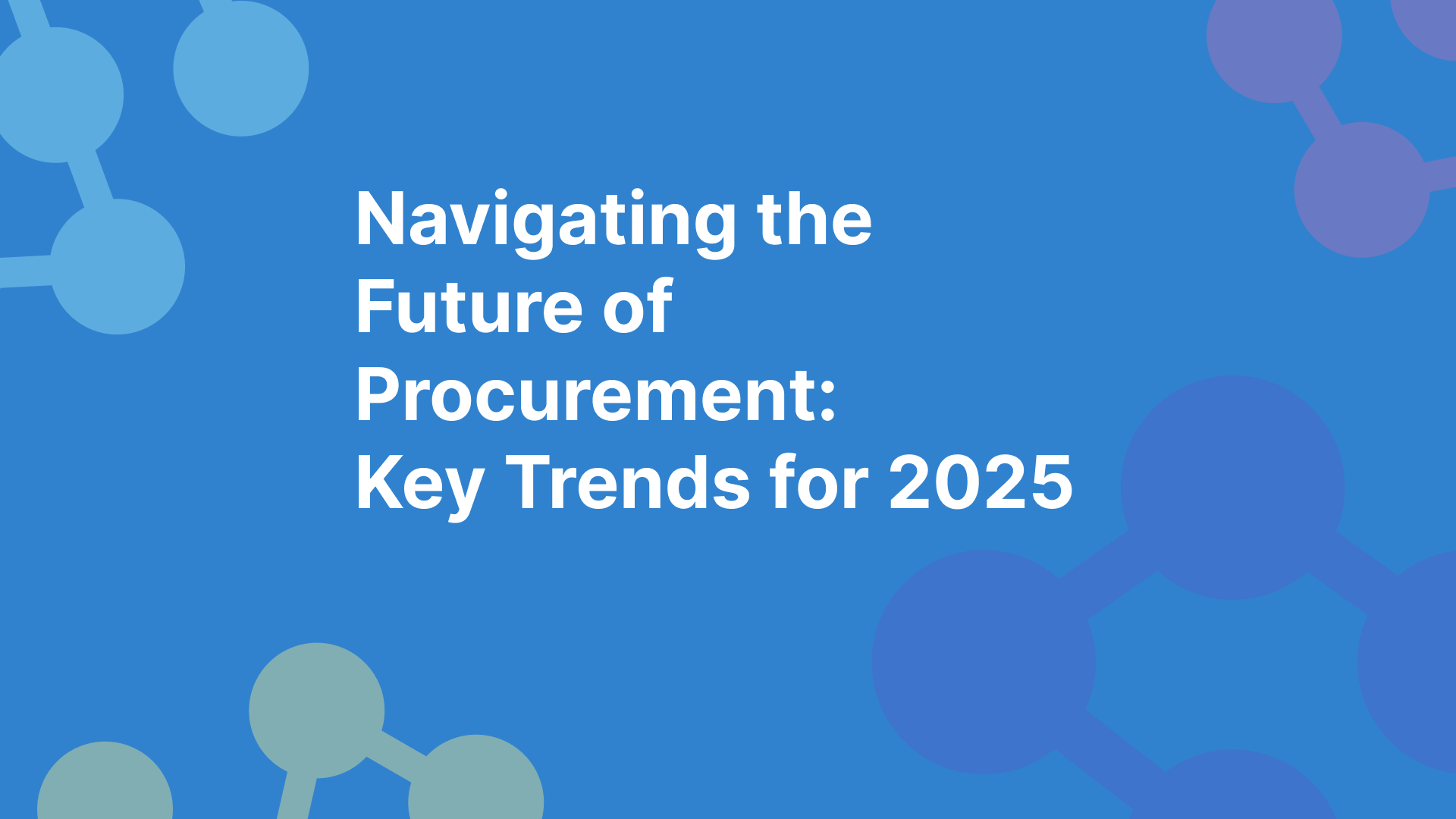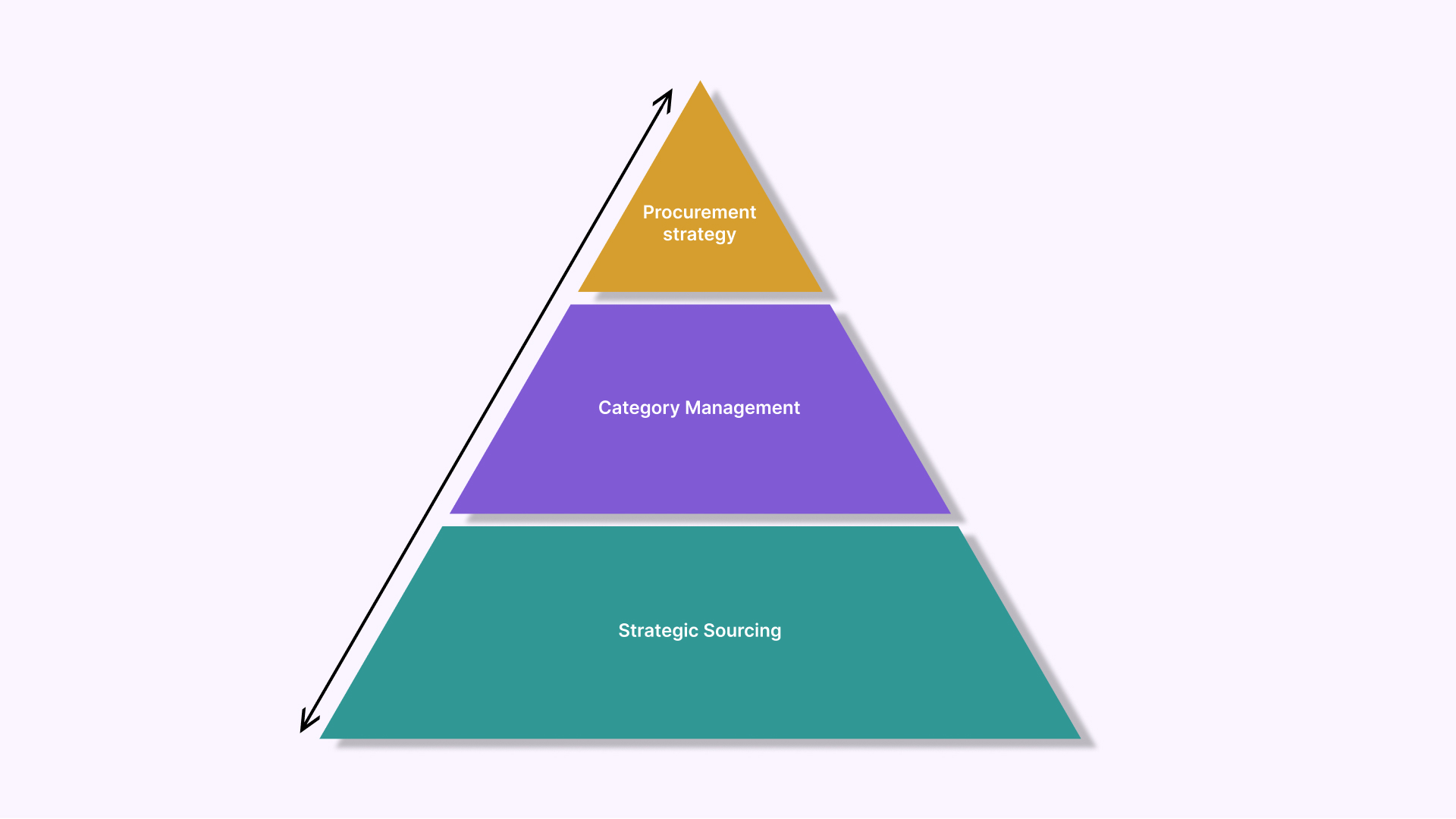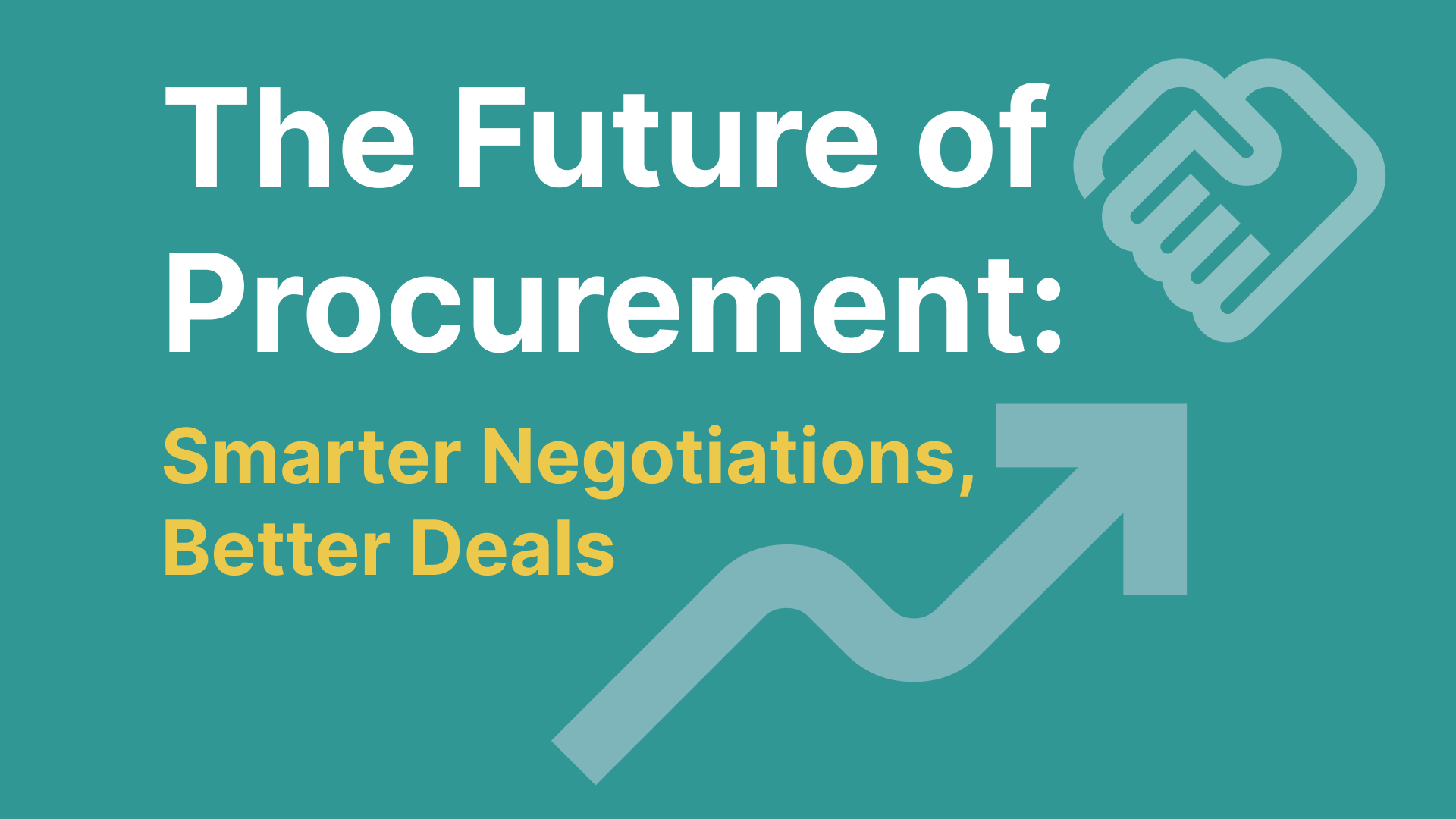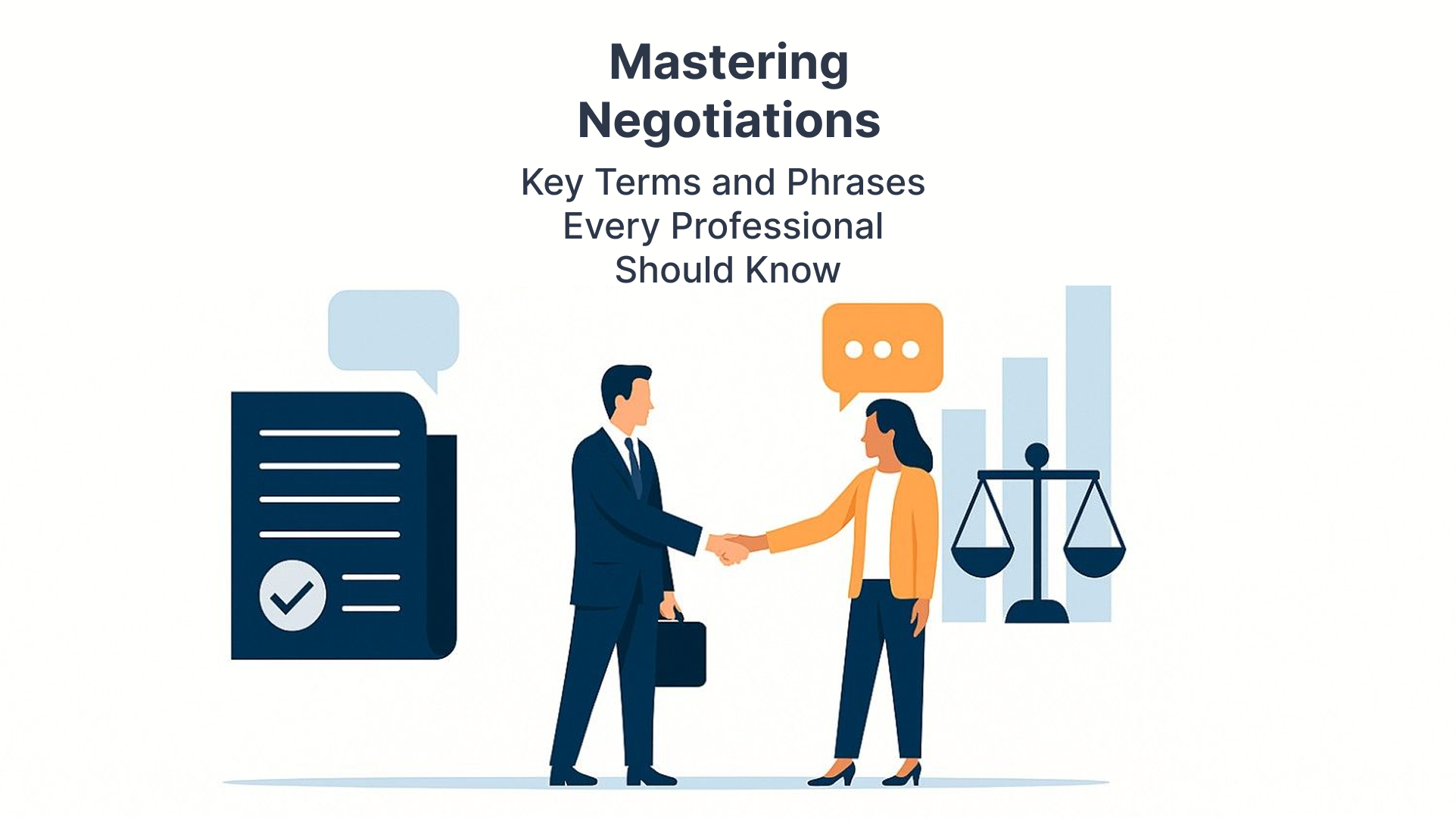Introduction
Sustainable procurement practices are becoming increasingly popular among businesses that are looking to reduce their environmental impact and promote social responsibility. Sustainable procurement is a clear and important shift in procurement. Sustainable procurement goes beyond traditional procurement practices by considering not only the cost and quality of goods and services but also their environmental and social impact.
Sustainable procurement, often referred to as green procurement or responsible procurement, is the process of selecting suppliers and products based on a comprehensive set of criteria that includes economic, environmental, and social considerations. This approach aims to minimize negative environmental and social impacts while also promoting positive outcomes within the supply chain.
Sustainable procurement is the integration of Corporate Social Responsibility (CSR) principles into a company`s procurement processes and decisions. Integration of the CSR principles into the processes means integrating them into operations where they matter, for instance into the specifications, the requirements and criterias.
What does it really mean?
Environmental Impact: Sustainable procurement seeks to minimize the ecological footprint of purchased goods and services. This involves evaluating factors such as energy consumption, emissions, resource usage, and waste generation throughout a product's lifecycle.
Social Responsibility: Beyond environmental factors, sustainable procurement considers the social implications of sourcing decisions. This includes considering aspects like labor practices, human rights, diversity and inclusion, and fair wages within the supply chain.
Economic Viability: While sustainability is a core focus, the economic viability of procurement decisions remains crucial. Balancing sustainability with cost-effectiveness ensures that businesses can maintain profitability while making responsible choices.
At its core, sustainable procurement is about making informed decisions that consider the environmental and social impact of the products and services that are being purchased, alongside cost. Among other things, this includes taking factors such as resource consumption, waste generation, and the use of hazardous materials into account when making the decision on who to buy from.
Benefits for the planet
By embracing sustainable procurement practices, businesses can not only reduce their environmental footprint but also improve their bottom line. Sustainable procurement can lead to cost savings through improved efficiency, reduced waste, and lower energy consumption.
Reducing forced labour
Sustainable procurement can help improve social conditions by selecting suppliers that adhere to ethical labor practices and human rights standards. T.
Reducing waste
Sustainable procurement practices can reduce waste generation by selecting products that are designed to be more durable, recyclable, or have a lower environmental impact, organizations can reduce the amount of waste generated in their operations. Sustainable procurement practices can also encourage suppliers to adopt more sustainable production methods and reduce waste in their own operations.
Lowering emissions
By purchasing products that are energy-efficient or have a lower carbon footprint, organizations can reduce their greenhouse gas emissions. Lets not forget that products with a complex supply chain can have scope 3 emissions as 75-80 % of their full carbon footprint!
Benefits for the business
No question sustainable procurement can have a profound impact on the future of the planet. Can it really be true, that by considering environmental impact together with cost and quality, a company can have a major positive impact on its own supply chain? Yes. And the direct positive impact on the company itself can also be very consequential, just consider there points:
Risk Mitigation: Sustainable procurement helps organizations mitigate risks associated with regulatory non-compliance, supply chain disruptions, and reputation damage. By proactively addressing environmental and social issues, businesses can safeguard their operations.
Innovation: Embracing sustainable procurement often drives innovation. Suppliers are encouraged to develop greener products and practices, leading to the introduction of more eco-friendly solutions to the market.
Reputation Enhancement: Consumers and stakeholders increasingly value organizations that demonstrate a commitment to sustainability. Implementing sustainable procurement practices can enhance an organization's reputation and brand image.
Long-Term Cost Savings: While sustainable products or suppliers might have slightly higher upfront costs, their long-term benefits can result in reduced operational costs, energy savings, and decreased waste management expenses.
Challenges
So why are we not there yet, that all businesses implement a sustainable procurement approach? Here are a few challenges a business have to address:
Complex Supply Chains: Global supply chains can be intricate, making it challenging to trace the origins of products and the practices of suppliers. This complexity necessitates thorough due diligence.
Trade-Offs: Striking a balance between sustainability, cost, and quality can be intricate. Organizations must carefully evaluate trade-offs and prioritize their values and objectives.
Metrics and Reporting: Measuring and reporting the impact of sustainable procurement can be complex due to the need for consistent and reliable data from suppliers.
How can Sourcemagnet help?
In Sourcemagnet we believe that to change procurement, a company need a tool to change their day-to-day operations towards a more sustainable practice. AI is a great change champion! Step by step, contract by contract, we change procurement practice. Procurement professionals committed to sustainable procurement, can actually save the world.











